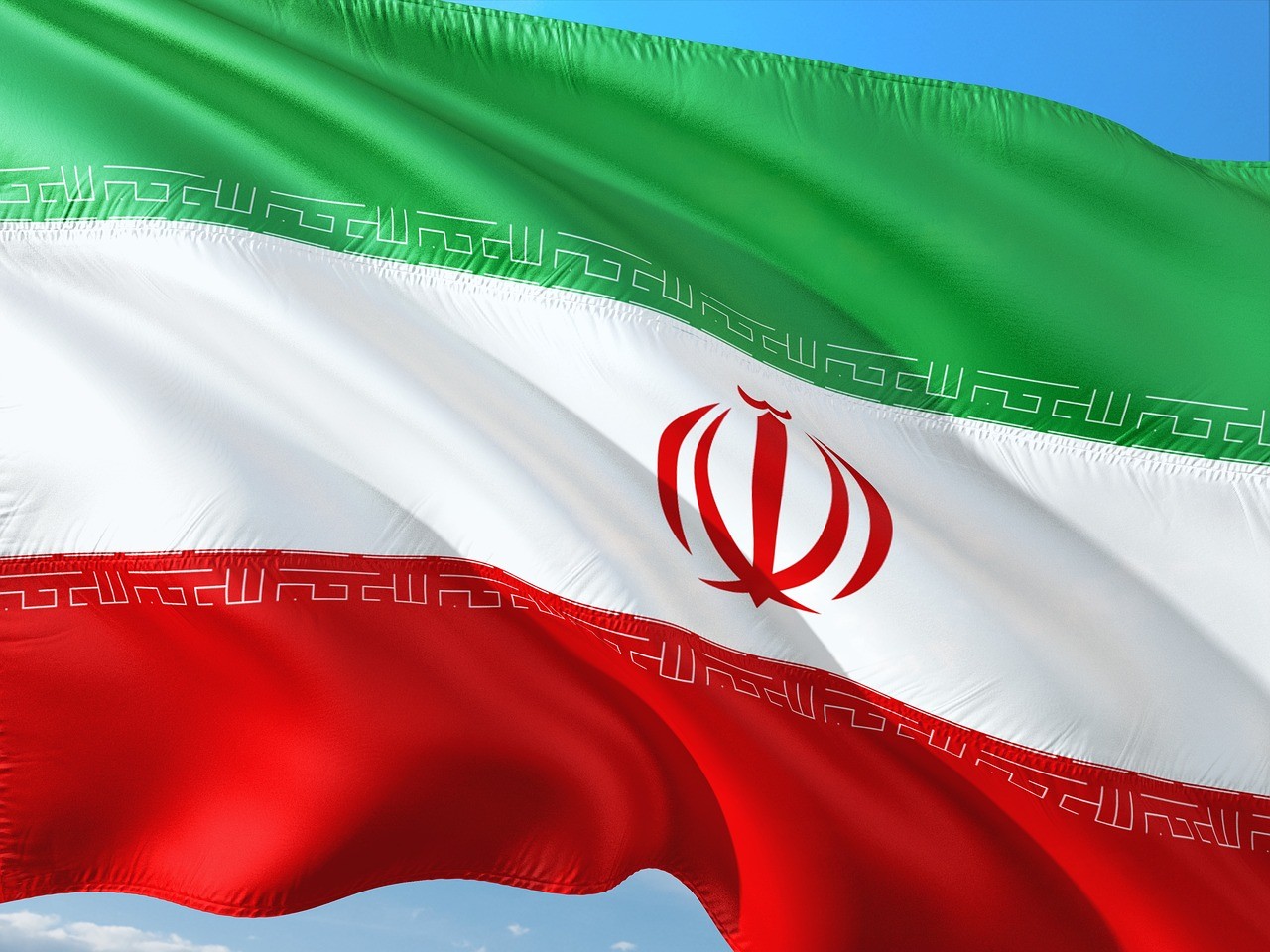Cryptocurrencies are becoming increasingly significant around the world as Venezuela rolled out their new cryptocurrency last week, and Iran is currently working towards their own digital currency as well.
Though it was reported late last year that Iran made plans to move forward with with regulation of bitcoin for the purpose of maneuvering past economic sanctions, their government has released a statement emphasizing that this was not true.
The Iran Front Page, an independent Iranian news site, published an article on Feb 21 stating that Iran’s central bank denied ever using bitcoin as an official currency. The article also stated that Iran was not facilitating active bitcoin transactions.
Translated from Farsi, the central bank was quoted stating, “The wild fluctuations of the digital currencies, along with competitive business activities underway via network marketing and pyramid schemes, have made the market of these currencies highly unreliable and risky.” Their central bank heavily warned Iranian citizens concerning the risks of making cryptocurrency investments due to the ever-changing landscape of digital assets. Iran’s central bank was concerned that their people “may lose their financial assets.”
Mohammad-Javad Azari Jahromi, Iran’s ICT Minister, went on record stating that their central bank is working on an in-country developed cryptocurrency, which will soon be tested by the ICT ministry. Iran remains cut off from most major international payment networks like Visa, Mastercard, and PayPal, which could explain why bitcoin and other cryptocurrencies have grown in popularity among Iranian citizens.
Of course, developing a national cryptocurrency is not without precedent as this past December, Venezuelan President Nicolas Maduro announced their country’s own cryptocurrency, and just last week they rolled out the new Petro (PTR). The bolívar fuerte, the country’s official currency, has plummeted to a 99.60% devaluation under President Maduro and his predecessor, Hugo Chavez.
Madura went on record saying, “Petro is born and we are going to have a total success for the welfare of Venezuela.” Carlos Vargas, leader over the project, went on to say, “Our responsibility is to put the petro in the best hands and then a secondary market will appear.” The Venezuelan government said that each PTR will be backed by the country’s oil reserve, meaning that 100 million PTRs will be valued at an excess of $6 billion.
If Maduro leaves office, Venezuelan lawmakers have warned that the cryptocurrency will be nullified, as it could easily become an illegal forward sale of Venezuelan oil, ripe for corruption. Harry Colvin, who is the Longview Economics director, recently told CNBC in an email, “Venezuela has been known for misappropriation of assets in the past, and the central bank has just created hyperinflation so I imagine there’ll be trust and transparency issues.”
Perhaps Iran can learn from Venezuela's precedent in the hope of creating their own successful cryptocurrency.
Though it was reported late last year that Iran made plans to move forward with with regulation of bitcoin for the purpose of maneuvering past economic sanctions, their government has released a statement emphasizing that this was not true.
The Iran Front Page, an independent Iranian news site, published an article on Feb 21 stating that Iran’s central bank denied ever using bitcoin as an official currency. The article also stated that Iran was not facilitating active bitcoin transactions.
Translated from Farsi, the central bank was quoted stating, “The wild fluctuations of the digital currencies, along with competitive business activities underway via network marketing and pyramid schemes, have made the market of these currencies highly unreliable and risky.” Their central bank heavily warned Iranian citizens concerning the risks of making cryptocurrency investments due to the ever-changing landscape of digital assets. Iran’s central bank was concerned that their people “may lose their financial assets.”
Mohammad-Javad Azari Jahromi, Iran’s ICT Minister, went on record stating that their central bank is working on an in-country developed cryptocurrency, which will soon be tested by the ICT ministry. Iran remains cut off from most major international payment networks like Visa, Mastercard, and PayPal, which could explain why bitcoin and other cryptocurrencies have grown in popularity among Iranian citizens.
Of course, developing a national cryptocurrency is not without precedent as this past December, Venezuelan President Nicolas Maduro announced their country’s own cryptocurrency, and just last week they rolled out the new Petro (PTR). The bolívar fuerte, the country’s official currency, has plummeted to a 99.60% devaluation under President Maduro and his predecessor, Hugo Chavez.
Madura went on record saying, “Petro is born and we are going to have a total success for the welfare of Venezuela.” Carlos Vargas, leader over the project, went on to say, “Our responsibility is to put the petro in the best hands and then a secondary market will appear.” The Venezuelan government said that each PTR will be backed by the country’s oil reserve, meaning that 100 million PTRs will be valued at an excess of $6 billion.
If Maduro leaves office, Venezuelan lawmakers have warned that the cryptocurrency will be nullified, as it could easily become an illegal forward sale of Venezuelan oil, ripe for corruption. Harry Colvin, who is the Longview Economics director, recently told CNBC in an email, “Venezuela has been known for misappropriation of assets in the past, and the central bank has just created hyperinflation so I imagine there’ll be trust and transparency issues.”
Perhaps Iran can learn from Venezuela's precedent in the hope of creating their own successful cryptocurrency.

